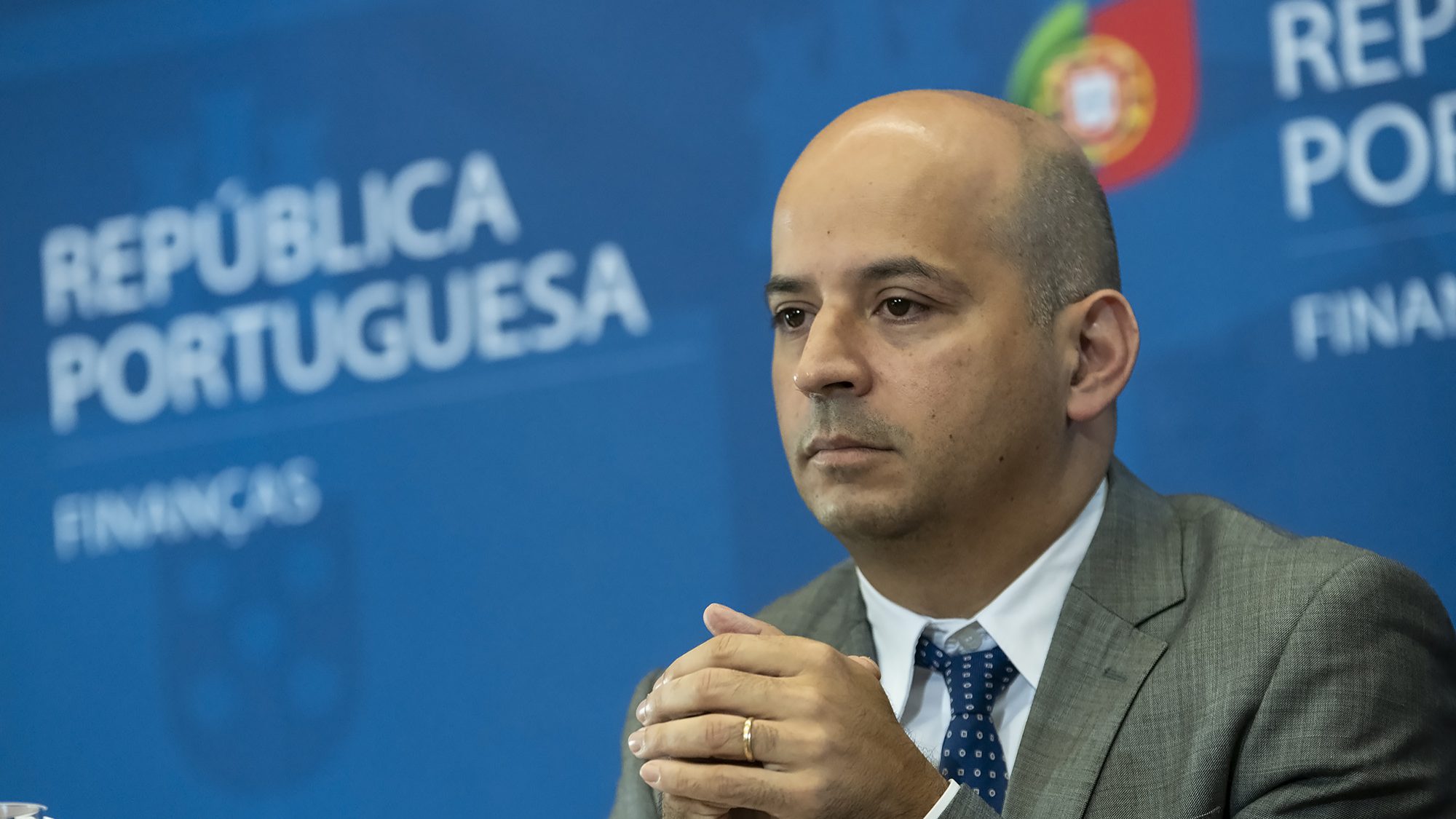Millions and more millions: How the EU subsidies will be spent in Portugal
Portugal's prime minister defined three major blocks for overcoming the crisis caused by the new coronavirus pandemic.
In the Recovery and Resilience Programme, which António Costa will present to Brussels, the State defines three major priorities to overcome the crisis caused by the new coronavirus pandemic: “Resilience”, “Climate Transition” and “Digital Transition”. The first is what will absorb the biggest ‘slice’ of the 12.9 billion grants that the country will get from Europe.
Distribution of funds for each block:
Resilience: 7.2 billion euros
“Resilience” is by far the pillar that will receive the most money. In this bloc, which brings together social vulnerabilities, productive potential and competitiveness and territorial cohesion, the government plans an 7.2 billion euros investment.
Social Vulnerabilities: This includes the National Network of Integrated Continued Care, Palliative Care, equipment for hospitals, but also restructuring Portugal’s social housing – 3.2 billion euros.
Productive potential: Aggregates investment and innovation with professional qualifications, but also “business capitalisation and financial resilience/development bank” – 2,500 million euros.
Competitiveness and Territorial Cohesion: combines the land register, aerial means for rural fires, but also the Algarve Water Efficiency Plan, besides the Pisão Dam – 1.5 billion Euros.
Climate transition: 2.7 billion euros
Sustainable mobility: This provides for the use of EU funds for light rail and Bus Rapid Transit lines, the renewal of rolling stock in suburban and regional areas and the decarbonisation of public road transport – 975 million euros.
Decarbonisation and Circular Economy: This includes the programme to support the decarbonisation and increase energy efficiency of businesses, but also the bio-waste strategy – 925 million euros.
Energy Efficiency and Renewables: The government plans to use funds in this field under the “Support Programme for Energy Efficiency in Buildings”, but also includes the National Strategy for Hydrogen and Renewable Gases – 800 million euros.
Digital switchover: 3 billion euros
Digital School: Government plans to use part of the money received in non-repayable funds to digitise schools, be it through equipment or infrastructure, educational and human resources – 700 million euros.
Business 4.0: Provides support for the digital transition of businesses, including e-commerce, but also the empowerment of businesses and workers to digitisation – 500 million euros.
Public Administration: Within this block, it is the one that absorbs the largest “tranche”, which is used for the digital capacity building of Justice, the Single Portal of public services, the training and qualification of the Public Administration, but also foresees the management of online wealth and cybersecurity – 1.8 billion euros.

